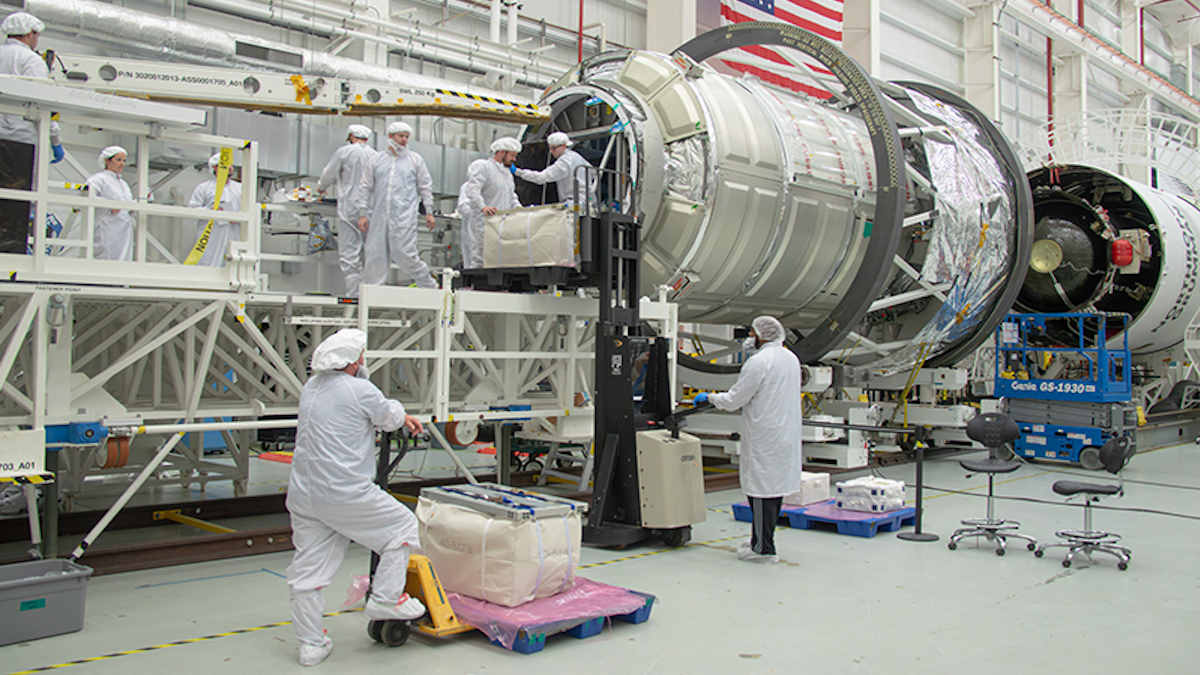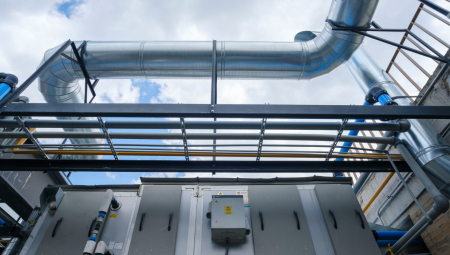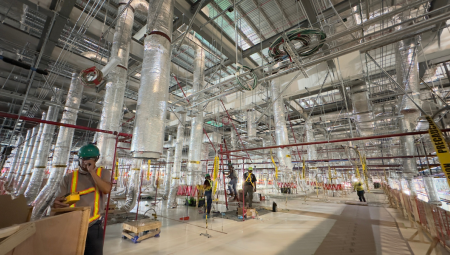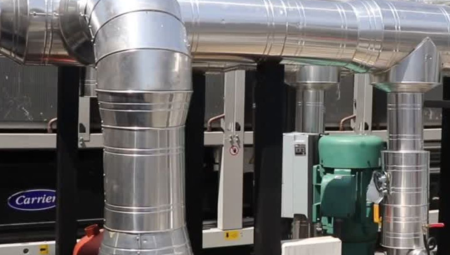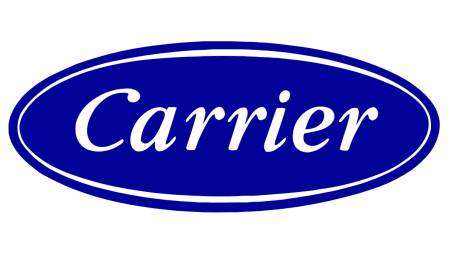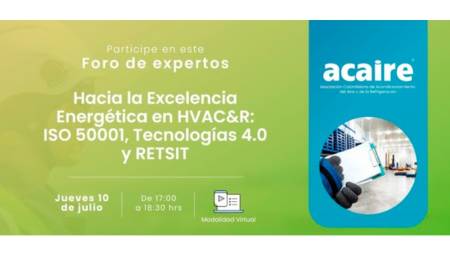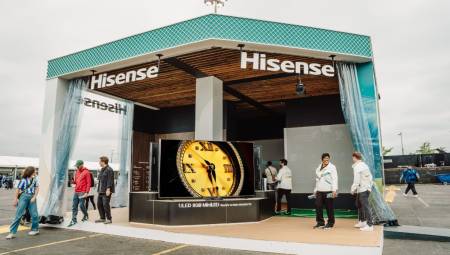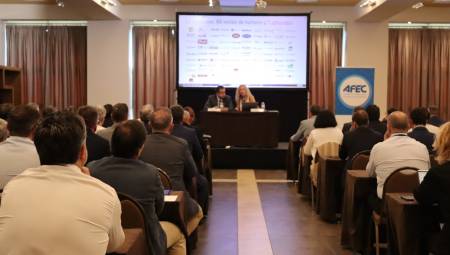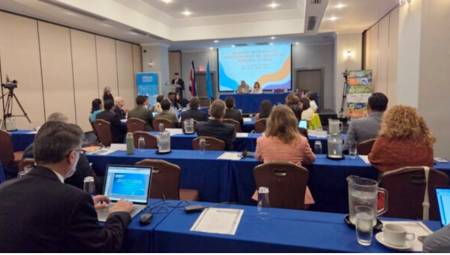United States. Purdue University is investigating how reduced gravity affects the heating, ventilation and air conditioning systems that humans would need to live, for example, on the Moon or Mars.
Thus, an experiment of the institution of higher education arrived at the International Space Station, aboard the 19th commercial resupply services mission carried out by Northrop Grumman for NASA (NG-19).
The specific goal of the initiative is to collect data that scientists need to find out how boiling and condensation processes occur in outer space.
"We have accumulated more than a century of knowledge about how heat and cooling systems work in Earth's gravity, but we don't know how they work in weightlessness," commented Professor Issam Mudawar.
Previously, Mudawar and his students had collected data on boiling, using a module of the so-called Flow Condensation and Boiling Experiment (FBCE). Now, with the arrival of the additional module aboard the NG-19 spacecraft, researchers will conduct a second experiment focused on condensation.
The modules of both experiments for FBCE will remain in orbit until 2025, allowing the scientific community interested in fluid physics to take advantage of this hardware. "We are ready to conclude, literally, the book of all the science of flow and boiling in reduced gravity," Mudawar said.
How the research was conceived
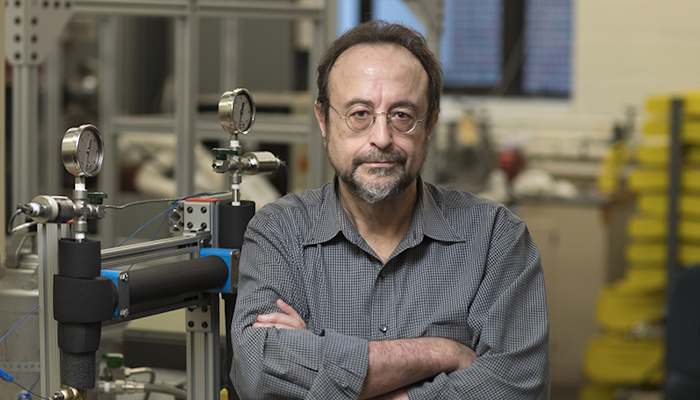
FBCE is among NASA's largest and most complex experiments dedicated to fluid physics research. To develop it, Mudawar's lab worked for eleven years with the Glenn Research Center in Cleveland, which designed the flight hardware funded by the agency's Physical and Biological Sciences Division and built it at NASA headquarters.
With over 30,000 citations, Mudawar is one of the most cited researchers in the field of heat transfer. Google Scholar ranks it No. 1 in flow boiling, spray cooling, microchanneling, and microgravity boiling. He is also the most cited author in the International Journal of Heat and Mass Transfer.
Currently, Mudawar's team is preparing a series of research papers analyzing the data the FBCE has collected on the space station, adding to more than 60 papers that have been published on reducing gravity and fluid flow since the start of the project.
For more than a decade, Mudawar and his students have been developing three sets of predictive tools to validate them using BCFG data. A set of tools puts the data in the form of equations that engineers can use to design space systems. Another identifies fundamental information about fluid physics from the data, and the third set is computational models of fluid dynamics.
Together, these models would make it possible to predict which equipment designs might work in lunar and Martian gravity. "The amount of data that emerges from the FBCE is absolutely huge, and that's exactly what we want," the professor concluded.


